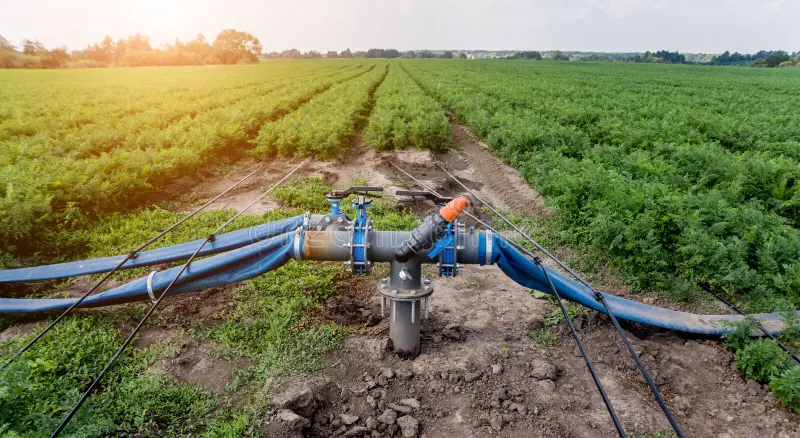
In the realm of modern agriculture, technology has played a pivotal role in transforming traditional practices into efficient, sustainable, and more productive methods. One such technological advancement that has gained considerable attention is irrigation automation. This innovation holds the promise of revolutionizing how water is supplied to crops, potentially benefiting small-scale farmers in numerous ways. In this blog post, we delve into the question: Does smart irrigation truly help small farmers, and what impact does irrigation automation bring to their livelihoods?
Understanding Irrigation Automation: A Brief Overview
Irrigation automation refers to the integration of technology, sensors, and data-driven insights into the irrigation process. Traditional irrigation methods often rely on manual labor and time-consuming practices. However, smart irrigation systems leverage real-time data, weather forecasts, and soil moisture sensors to optimize water usage. These systems can automatically adjust watering schedules, durations, and water distribution, thereby conserving water resources and increasing the overall efficiency of irrigation.
Challenges Faced by Small Farmers
Small-scale farmers constitute a significant portion of the global agricultural landscape. However, they often encounter unique challenges that hinder their productivity and economic growth. Limited access to resources, unpredictable weather patterns, and lack of advanced farming techniques can all contribute to the struggles faced by small farmers. In such a scenario, irrigation automation presents itself as a potential game-changer.
The Promised Benefits of Irrigation Automation for Small Farmers
- Water Efficiency: One of the most significant advantages of irrigation automation is its ability to optimize water usage. Small farmers typically lack access to ample water resources, making every drop precious. Smart irrigation systems can tailor water delivery based on real-time data, reducing wastage and ensuring that crops receive the right amount of water at the right time.
- Reduced Labor and Time: Traditional irrigation methods often demand manual labor and time-intensive efforts. Irrigation automation can free up valuable labor resources, allowing farmers to focus on other essential tasks such as crop management and expansion.
- Enhanced Crop Yield: Consistent and well-timed watering has a direct impact on crop yield. Smart irrigation systems can ensure that crops receive adequate moisture, leading to healthier plants and higher yields. This benefit can significantly improve the income of small farmers.
- Data-Driven Decision-Making: Modern agriculture thrives on data insights. Smart irrigation systems provide farmers with crucial data on soil moisture levels, weather forecasts, and historical patterns. Armed with this information, small farmers can make informed decisions about when and how much to irrigate.
- Climate Resilience: Unpredictable climate patterns can wreak havoc on agriculture. Irrigation automation enables farmers to adjust their practices based on weather forecasts, ensuring that crops are adequately protected from droughts or excessive rainfall.
Challenges and Considerations
While the potential benefits of irrigation automation for small farmers are promising, there are challenges to address. Initial setup costs, technological literacy, and maintenance requirements could be barriers for some small-scale farmers. Additionally, local conditions and contexts must be taken into account when implementing these systems to ensure optimal results.
Conclusion: A Step Towards Sustainable Farming
In conclusion, irrigation automation holds the potential to be a boon for small-scale farmers, revolutionizing their agricultural practices and enhancing their livelihoods. By efficiently managing water resources, reducing labor efforts, and increasing crop yields, smart irrigation systems can mitigate some of the challenges faced by small farmers. As technology continues to advance, it is crucial to ensure that these innovations are accessible and tailored to the unique needs of small-scale farmers, helping them embrace a more sustainable and productive future in agriculture.


